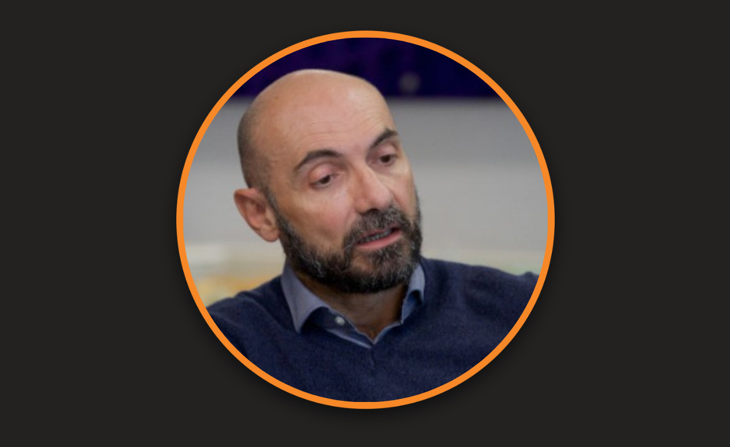
The widening remit of ESG in private market of insurance investment has occurred rapidly and largely to positive views, but some in the industry think there needs to be more analysis of where it is helping and where its shortfalls lie.
At a recent Clear Path Analysis event, Investing in Private Markets, Europe 2022, industry leaders from organisations including The Pensions and Lifetime Savings Association (PLSA), Phoenix Group, and Railpen gave their thoughts on how the private markets investment sphere can work.
"I am not persuaded of the intellectual rigour that underpins many
of the statements and claims made."
Corrado Pistarino, Chief Investment Officer, Foresters Friendly Society, sat down for a one-on-one chat with Insurance Investor editor, Andrew Putwain, to discuss his views on ESG and impact investing among other topics.
Pistarino was asked by an audience member whether his hesitancy around ESG was primarily based on the aspect of cyclicality.
“I find the discourse on ESG often puzzling and confusing,” Pistarino said. “I am not persuaded of the intellectual rigour that underpins many of the statements and claims made [about its benefits].
“I am convinced that ESG criteria will be increasingly part and
parcel of any investment process."
Pistarino is not alone in this – in October 2021, Tariq Fancy, BlackRock’s former sustainable investing chief, published a blog that claimed sustainable investing is ‘a dangerous placebo that harms the public interest. In a rebuttal to that, Alex Edmans, Professor of Finance at the London Business School, said, “ESG is either elixir or snake oil—and avoid sharing them and adding to the polarisation and misinformation. Neither ESG cheerleaders nor [its naysayers] would have grabbed anything close to the same attention if they more accurately represented reality.”
“I am convinced that there are useful analytical tools that have emerged from this stream of activity,” says Pistarino, on the certifiable merits of ESG. “I am also convinced that ESG criteria will be increasingly part and parcel of any investment process,” he added.
“That being said, as an investor ESG compliance is a means to an end and: the goal is to develop a clearer view on the long-term sustainability of cash flows.” He explained that in the ESG space, climate risk has a prominent profile and that those risks need to be factored into any analysis within the correct timeframe.
“Too often, I get the impression that ESG compliance
overshadows other key considerations.”
“There are also secular trends and processes of economic transformation that are obvious and inescapable,” said Pistarino. “Investments with a specific angle on mitigation or adaptation deserve proper consideration. Economic transformation generates investment opportunities. That said, the line of causation between alignment with secular trends and financial viability of an investment is rather convoluted.”
Pistarino goes on to use the US Civil War as an example “After the War, the US saw an enormous expansion of their railway network. Railways were a crucial piece of infrastructure responding to a secular trend of increasing trade and mobility. However, this did not prevent many businesses going bankrupt,” he said. “Too often, I get the impression that ESG compliance overshadows other key considerations: being on the right side of history is not a guarantee of good financial returns.”
In 2021, a Pwc survey backed up some of these thoughts with many in the industry torn between trying to do the so-called right thing and their fiduciary duty, which at times clouded their need to be profitable. “Investors are torn between what they view as a responsibility to the planet and society and their fiduciary responsibilities to their clients. Most (75%) of the investors [Pwc] surveyed said they thought it was worth companies sacrificing short-term profitability to address ESG issues,” said the survey’s analysis. “A similar percentage (81%) said they would be willing to accept, in pursuing those goals, only one percentage point or less of a haircut on their investment returns. Nearly two-thirds of that group was unwilling to accept any reduction in return.”